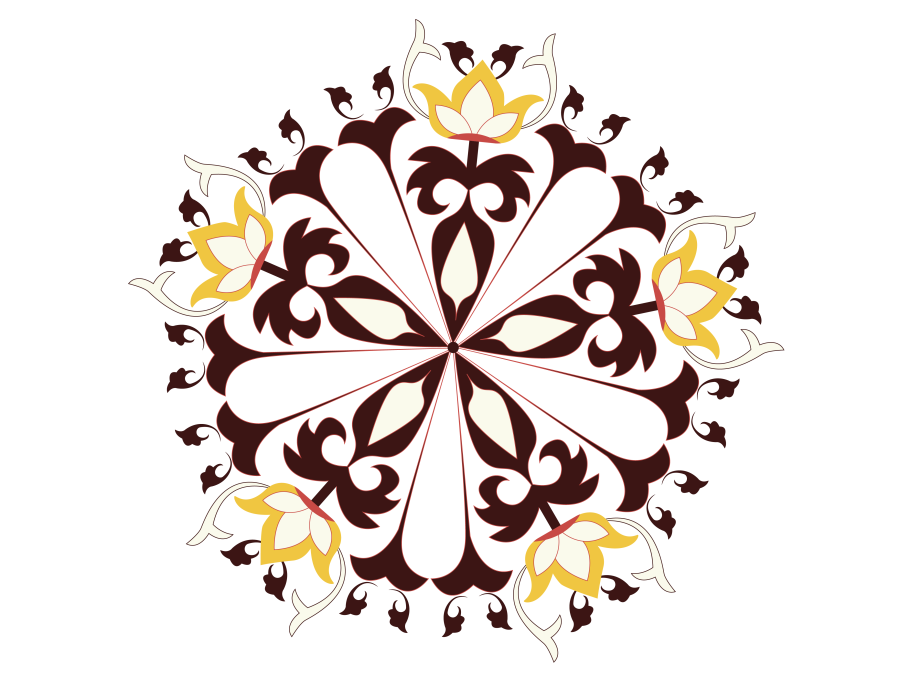
Stofan | An interview with Shu Yi
We had a chat with Shu Yi about her upcoming installation opening on the 28th February on the second floor of the Reykjavik City Library Grófin at 16:00.
Get to know her process in the interview below:
1. Which spot did you choose for your Stofa?
In the hallway as well as random placements such as in between bookshelves and around windows.
2. What will you do in it ?
I’ll be setting up mirror installations in the library and inviting the visitors to experience a different way of seeing themselves.
3. What kind of feelings would you like to give users?
I would like to provide the users / visitors a sense of integration, and a reminder of internal observation. For some people sometimes it can be challenging to have the seemingly simple possibility of feeling comfortable with themselves being in public places. This installation is specially designed for them to be more consciously aware of themselves and then maybe better aware of others as well.
4. If you could change one thing about the library and bring a new rule in, what would it be ?
Instead of bringing one rule, I would rather like to see the library making schedules about testing different rules to encourage people to explore what is comfortable for themselves.
5. What does comfort mean to you and how do you plan on translating it beyond language during your happening ?
One of my few vivid memories of experiencing comfort is from few years ago, when I travelled through the south coast in Iceland. When heading east about ten minutes after passing Vík, I was surrounded by an area covered by black sand. It extended all the way to the horizon in all directions. There was no landmark as far as we could see, just black sand and gray sky. For a while all you could hear was a subtle humming sound from the breeze, till it eventually went unnoticeable, and the only sensation left was my own breath. I felt a peculiar tingling sensation in the back of my head, along with an incredible amount of comfort, which I have never experienced before. I often failed to explain this experience being the reason for me to move to Iceland, since I assume it will not make sense to others. Until being diagnosed with ADHD last year, things stated to make sense. And then I discovered the whole world of being neurodivergent. Neurodivergence is a non-medical umbrella description of people whose brains function differently in one or more ways than is considered standard or typical. For neurodivergent people, being or feeling comfortable requires a more active effort, since neurodivergent brains are often more sensitive to external stimuli and thus have higher sensory processing sensitivity. Sight, sound, texture, smells, and taste can cause stress to the brain, either consciously or unconsciously. It is rare when one can experience tranquility and comfort in public spaces like being in nature, but I hope this happening can be an invitation and a reminder for us to observe ourselves, physically, mentally, and maybe find a way to be comfortable with being uncomfortable, and bring more awareness and celebrate the diversity of our brains.
As Jenara Nerenberg states in her book Divergent Mind, “the more people feel okay about being sensitive, the better they’ll do in a stressful situation because they show up as their full self, instead of being full of self-doubt.”
Further information:
Martyna Karolina Daniel, Intercultural specialist
martyna.karolina.daniel@reykjavik.is